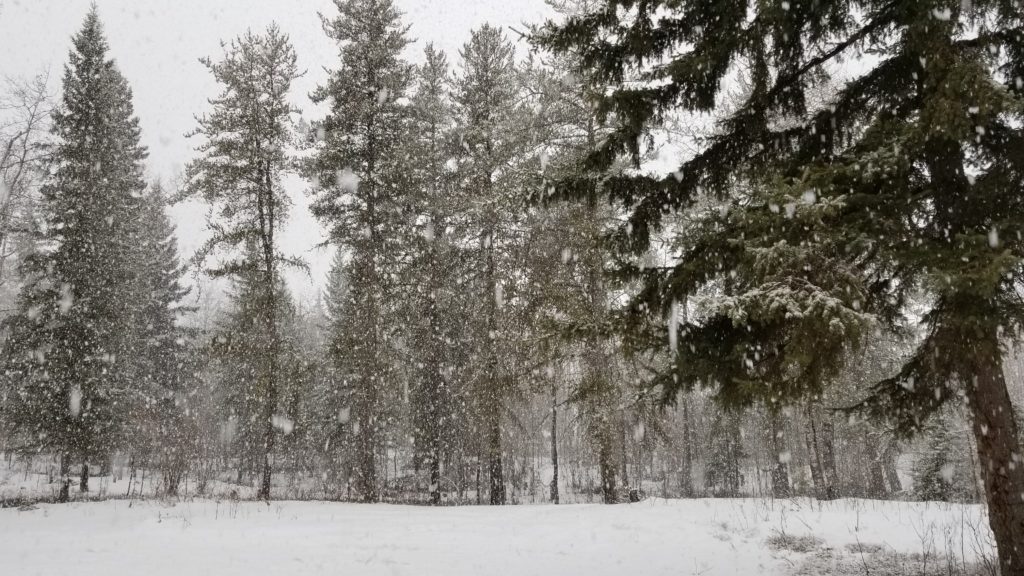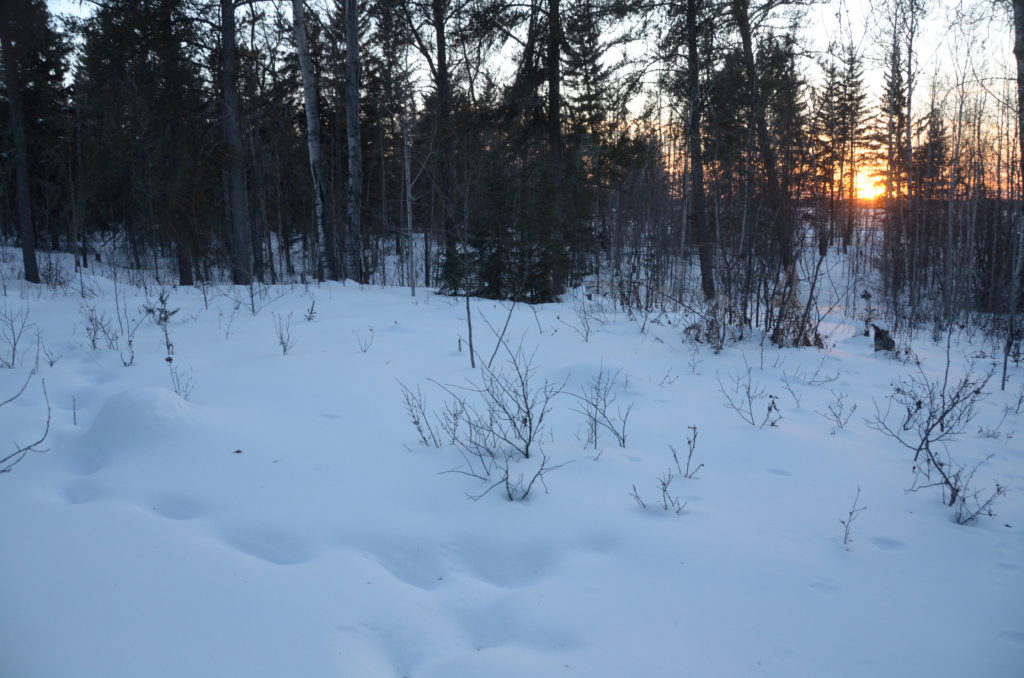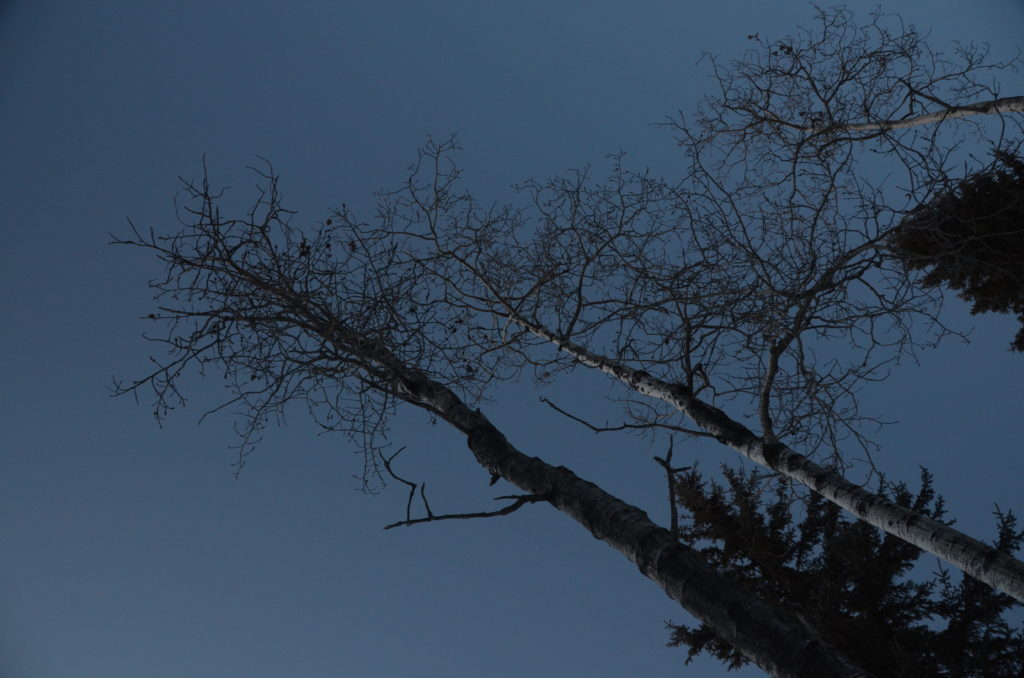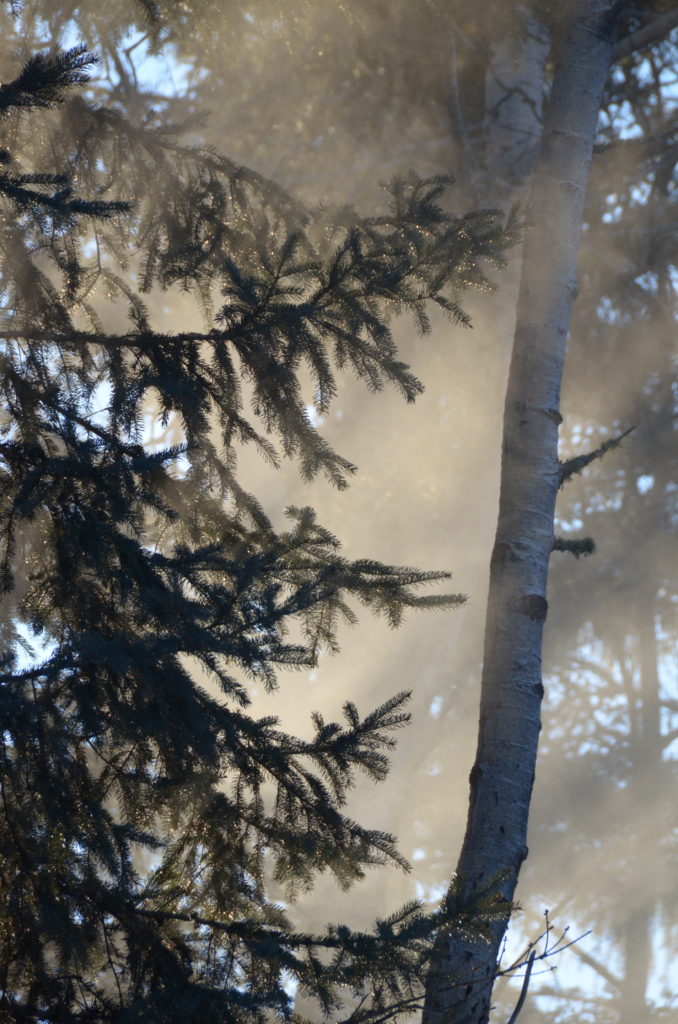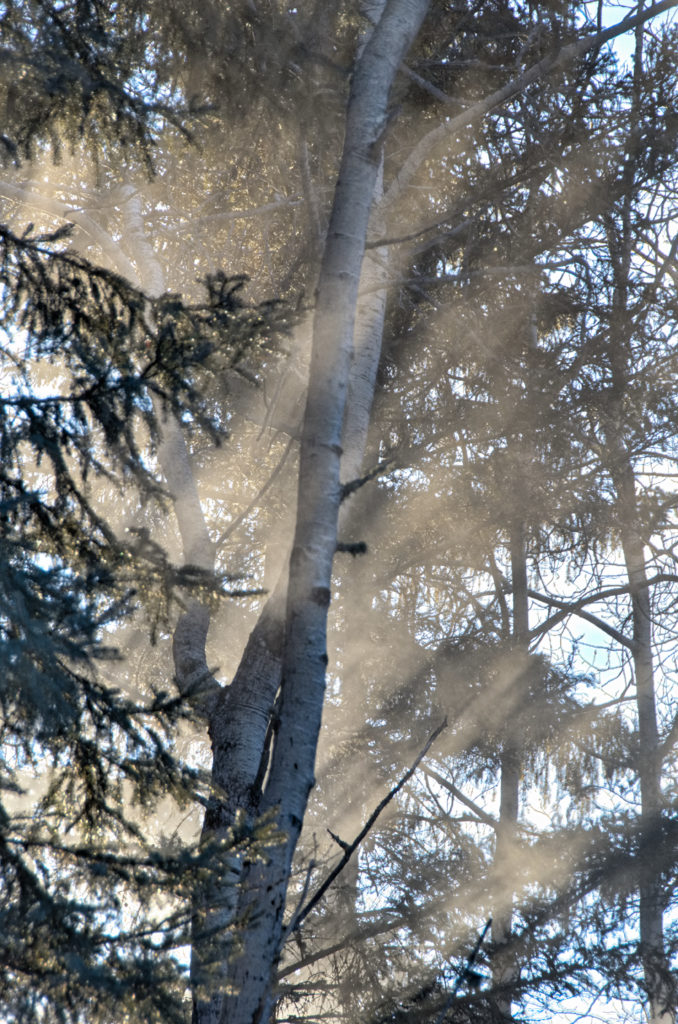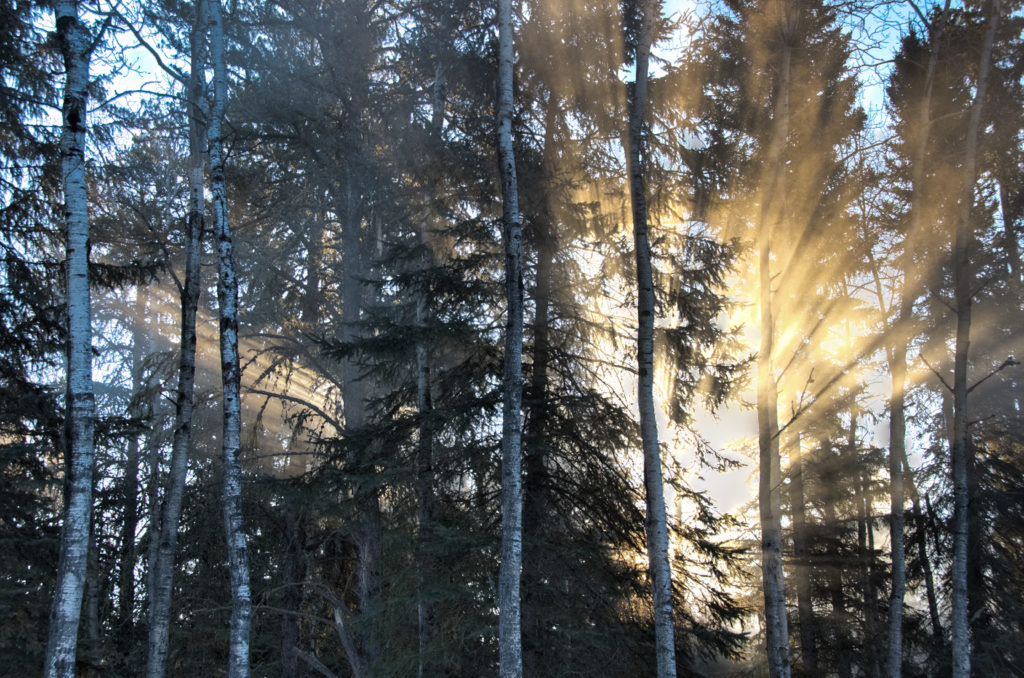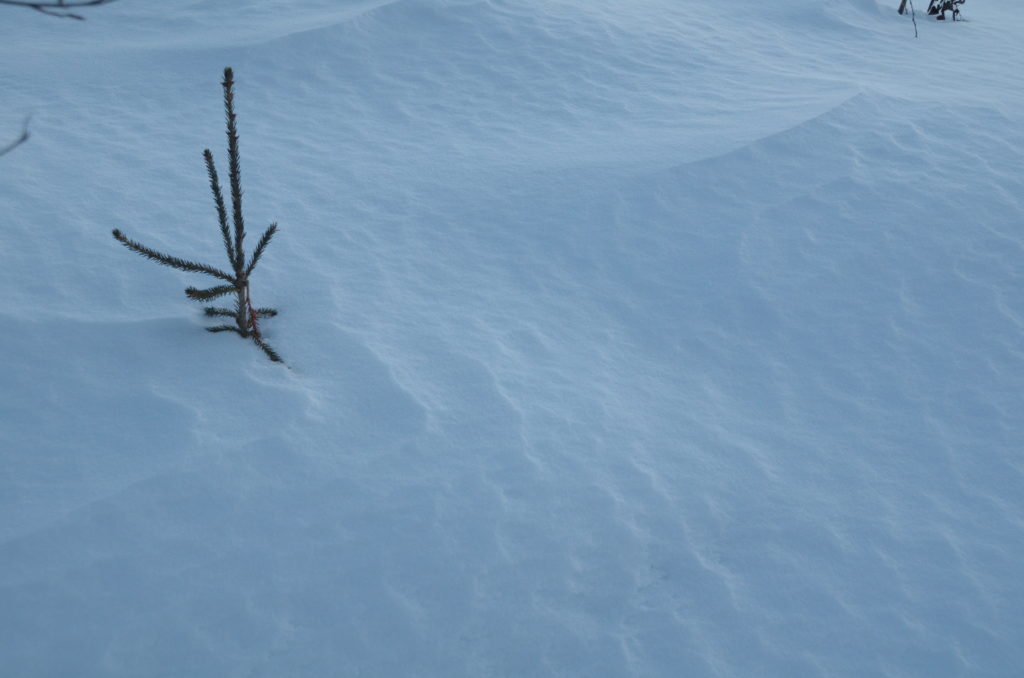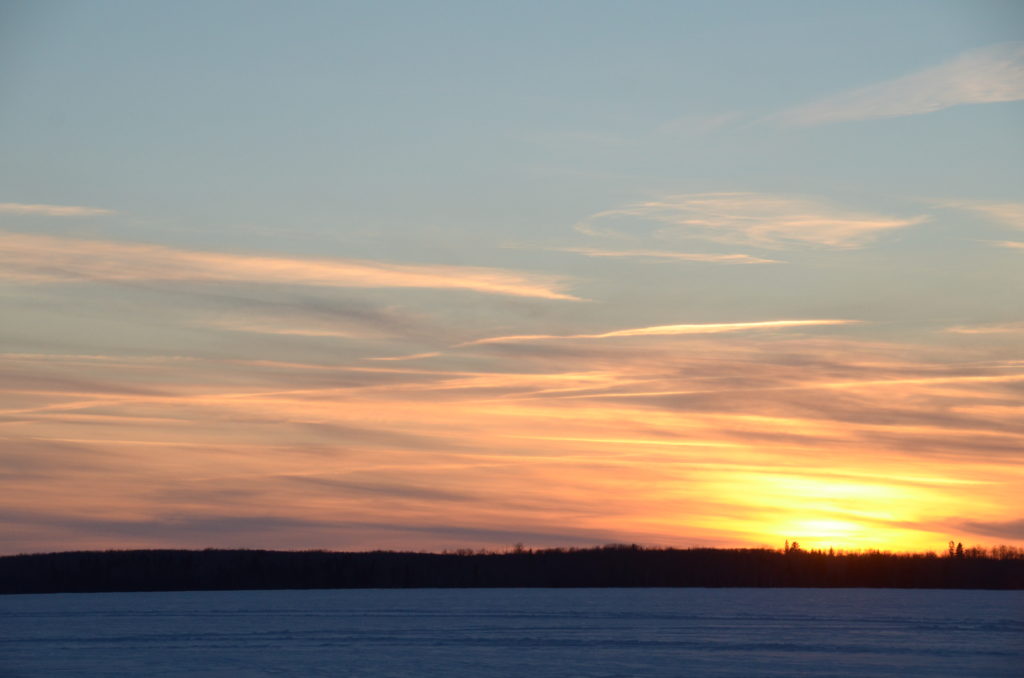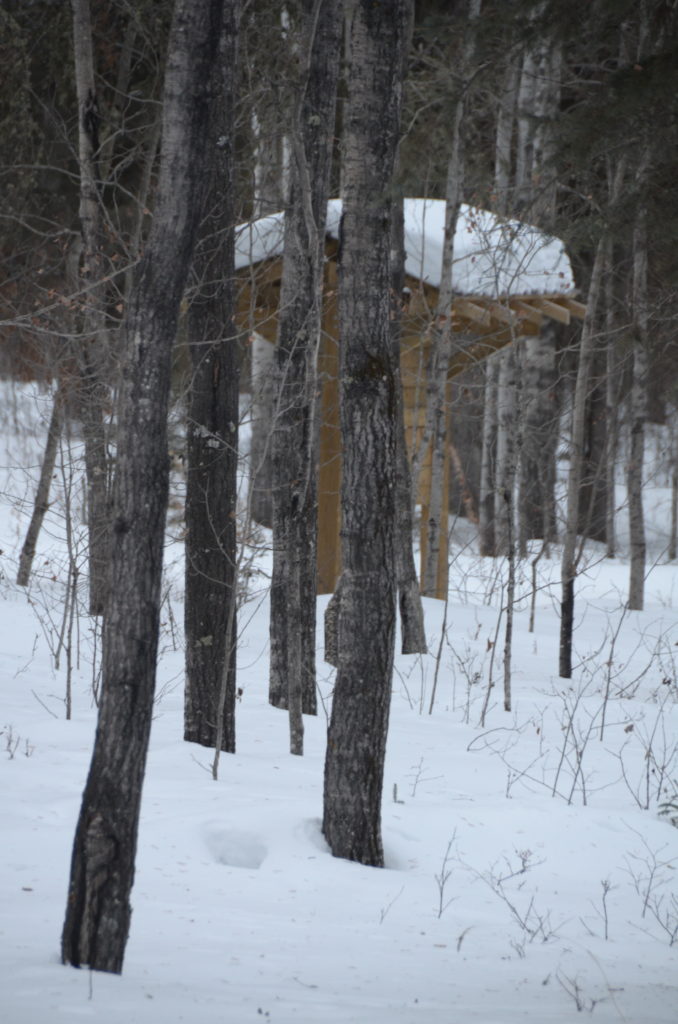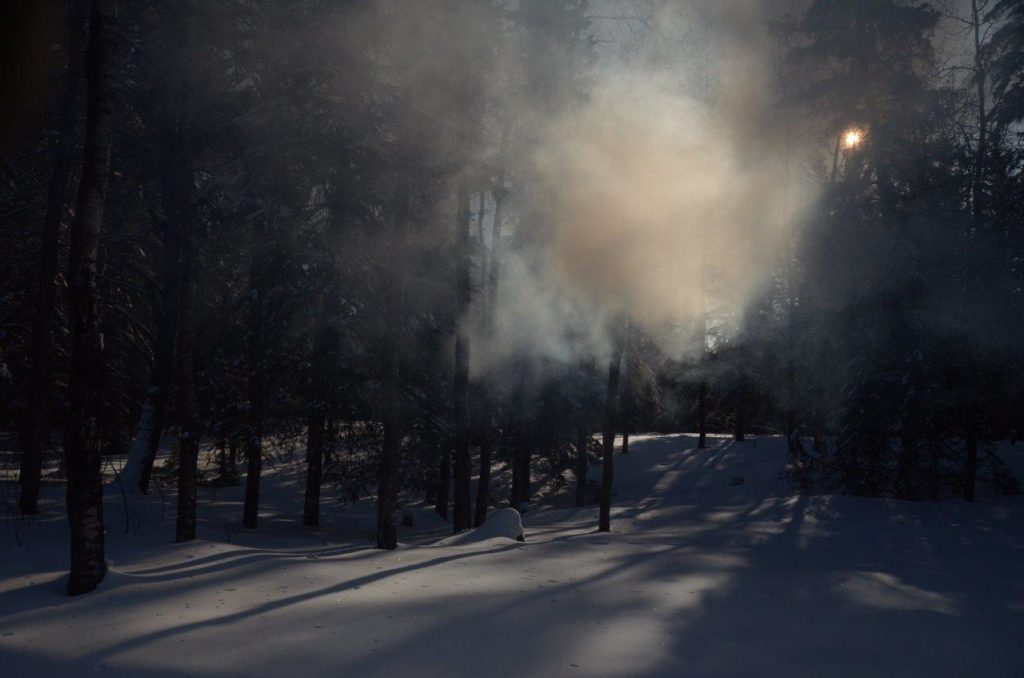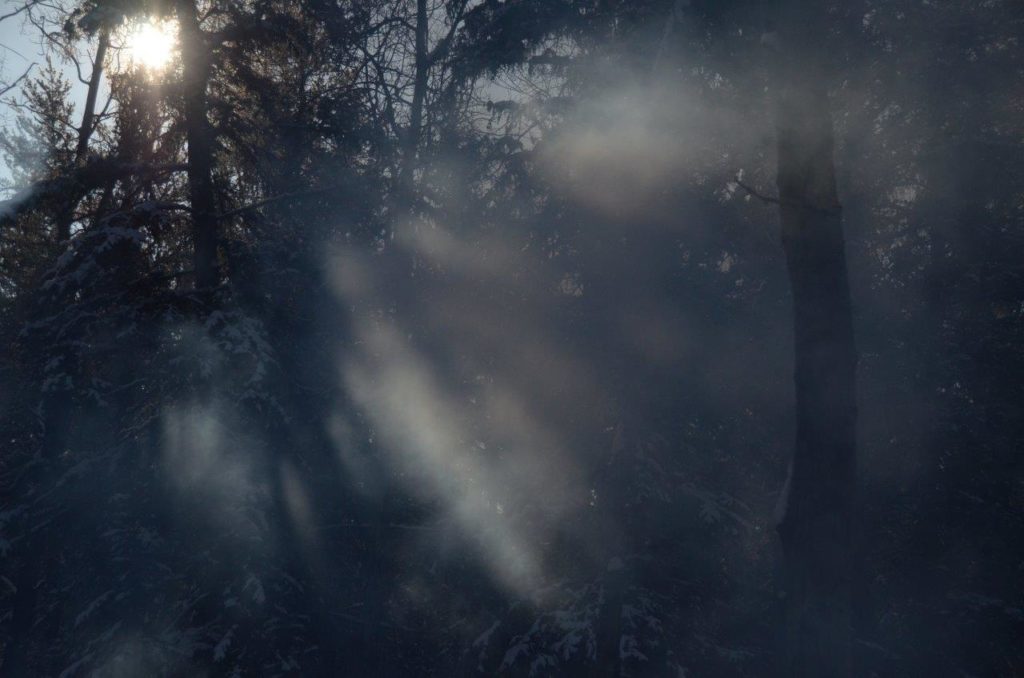Jesus calls us to build our homes on solid foundations, foundations of good habits. So how do we change so that our habits reflect the people God created, redeemed, and sanctified us to be?
First and last remember that any change is practically impossible if we are coerced. Change only really works if we want it ourselves. From there the Holy Spirit equips us to be God’s children, with habits of thoughts, words and actions that reflect God’s love, grace, and promises.
Habits are important. When we were children our parents made sure we learned to wash our hands. Most of us resisted in deviously creative ways before we finally gave in and we learned to wash our hands. As adults we learned just how important habitually washing hands is: it is the number one defence against spreading viruses and deadly infections.
Habits are important. When we habitually respond to similar situations we lay down chemical pathways in our brains. That allows us to reach decisions more quickly. On the downside, habit pathways in our brains can cloud the full reality of what really is going on before us, and that can get us into lots of trouble. On the other hand, if we develop the right habits, those pathways can cloud the threat of evil, which allows us to respond with grace, no matter the situation we face.
Since according to the ways of the world we need to behave to get ahead, we could understand that we need to develop good habits in order to get into the Kingdom of God. In tonight’s reading from the letter to the Galatians, Paul, the first author of Christ’s Grace, says exactly that. Why?
It helps to understand that Paul was originally Saul. Well into adulthood, Saul judged and brutally condemned others. He was the leader at whose feet the crowd placed their robes as they picked up rocks to stone to death Stephen the first Christian martyr. On the road to Damascus Saul was intent on rounding up more Christians to stone them.
God had other plans. By grace and a miracle Saul became Paul, but Saul’s old habit of judging others did not always disappear, even though Paul championed grace as the only means to salvation.
It’s so frustrating to see people waste their lives on unnecessary, destructive sins, sins of choosing pleasure for the self and pain for others. The temptation is to toss out grace, judge other’s sins, and tell them they are going to hell if they do not smarten up. That’s right up there with pride as the most common sin: to judge others. Which is why Jesus often warns us against it.
Co-operating with the work of the Holy Spirit, we can choose to change well worn pathways in our brain, even judging others. By the Holy Spirit we can become reflectors of grace, imbuing health for ourselves and everyone we come into contact with. … Or not. Instead we can go with Paul judging others for their terrible sins, warning them to smarten up and develop good habits or they’re not going to inherit the Kingdom of God.
But as for me and my household, we choose to trust God’s grace, not only for ourselves, but for others as well. We trust that judging other people is a waste of our breath. God welcomes all us sinners into the Kingdom of God. The only question is what we are going to do there. So we try to avoid judging others. But let me tell you about the terrible things I saw people doing the other day …. OK, we try. I didn’t say we always succeed. We work at developing good habits, habits formed, fuelled, and completed by grace.
Love, joy, peace, patience, kindness, generosity, faithfulness, gentleness, and self-control – those are habits we can choose to develop because the Holy Spirit so equips us. These and other healthy habits of Grace are the rock solid foundation Jesus calls us to build our homes on in the Kingdom of God.
Too often we are led to believe that the Kingdom of God starts after we die and God judges us whether we get to go to heaven. That’s where the Kingdom of God is.
As for me and my household, we hear the words of Jesus saying: the Kingdom of God is at hand now! What we do builds or destroys the Kingdom of God around us. That the Kingdom of God is here, though, is already determined by God.
This Ash Wednesday God’s Word called us to make an acceptable Lenten fast, to hold a fast that is not for our benefit. Rather our fast will bring justice and freedom in the face of injustice and oppression. Through our sacrifice we bring food and homes to those who hunger and are homeless. Our fast reflects Christ’s forgiveness, redemption and love for all who sin.
During the season of Lent we can choose to live already the life of the Kingdom. We can change to be generous and kind, patient and faithful, and hope-filled…
Or not. Either way, God’s mercy abounds. God’s Kingdom is here now. Why would we not want to join in?
What does changing our habits look like? While fasting is about sacrifice, we do not lose ourselves reflecting God’s Grace. As Nelson Mandela said forgiveness is not just altruistic. It is the best form of self interest. Grace makes for a marvellous life.
But how can we change ourselves to practice good habits, and get rid of the old? First, it helps to acknowledge that we will never get rid of our own sin completely. It is destructive to demand others be perfect. It is also self-destructive to expect that we ourselves will be perfect. Instead we trust God’s forgiveness through Jesus Christ, for ourselves and everyone.
Second, it helps to know that emotions happen to us setting off a chemical event in our brains that last 90 seconds. We can choose to wait 90 seconds before we choose what to do next. We can be free of any emotion, if we want to be.
Third, it always helps to recognize who our Creator is, what goodness our Creator gives us, including the gift that we can wait 90 seconds to choose to respond, not because we need to in order to be acceptable to God. God already accepts us as we are. We choose to wait and respond with good habits, because the Holy Spirit so equips us.
If we find nothing else so poignant, we can start by practising being kind and gracious to everyone we meet. That’s a habit that makes other good habits possible for us to choose and practice. That makes a great foundation for our home in the Kingdom of God, and it makes for a marvellous life, for us and those around us.
Amen
